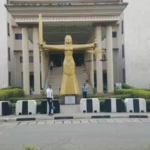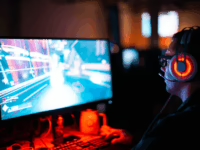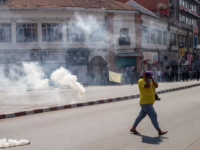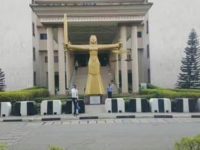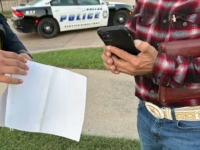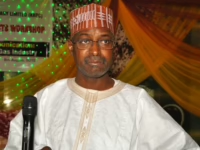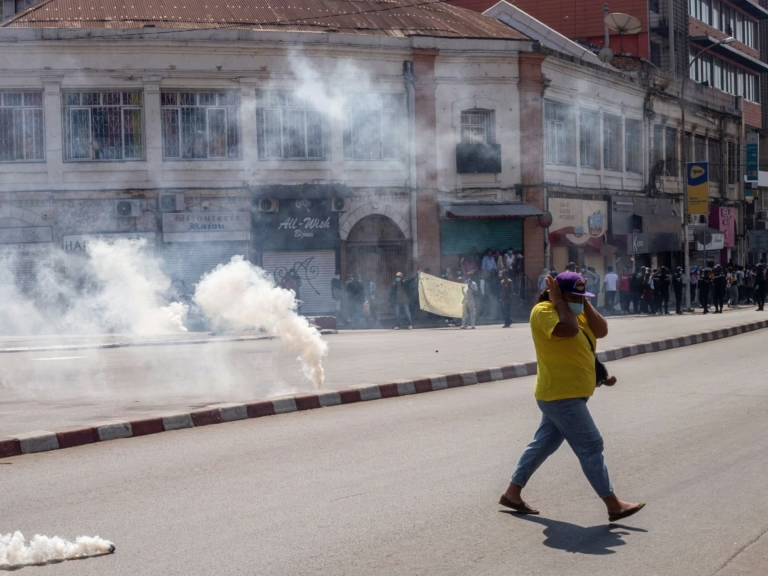Security forces deploy rubber bullets and tear gas amid mass demonstrations over ongoing electricity shortages in the island nation.
In response to escalating unrest sparked by chronic electricity and water shortages, Madagascar’s capital, Antananarivo, has been placed under a strict curfew from evening until early morning.
On Thursday, thousands gathered to protest the frequent blackouts that often plunge residences and businesses into darkness for more than half a day. Law enforcement responded with tear gas and rubber bullets to disperse the crowds.
Protesters obstructed major thoroughfares using debris and flaming tires. By midday, reports emerged of widespread looting targeting shops, electronics outlets, and financial institutions throughout the city, which is home to approximately 1.4 million residents.
Additionally, several stations of the recently launched urban cable car system were deliberately set ablaze.
Media outlets also confirmed that three residences belonging to politicians allied with President Andry Rajoelina were vandalized during the unrest.
Authorities had prohibited the demonstration a day earlier, citing concerns over potential violence, and increased police presence was evident across the capital from early morning.
General Angelo Ravelonarivo, who leads a combined security task force of police and military personnel, condemned the destruction of private property by opportunistic individuals during the protests in a statement broadcast on Real TV late Thursday.
To safeguard citizens and their assets, the security coalition has enforced a curfew from 7 p.m. to 5 a.m. local time (16:00-02:00 GMT) until stability is reestablished, the announcement confirmed.
Madagascar, an Indian Ocean island nation, continues to grapple with widespread poverty, with many residents attributing the lack of progress to President Rajoelina’s administration, which secured reelection in 2023.
According to World Bank data from 2022, nearly three-quarters of the country’s 30 million inhabitants live below the poverty threshold.
Protest signs bore slogans such as “Access to water and electricity is a fundamental right,” “Raise your voice,” and “People of Madagascar, awaken.”
Details regarding casualties or injuries during the demonstrations remain unclear.
The movement, largely driven by young people, gained momentum in recent days through social media channels, particularly Facebook.
Outside the capital, disturbances were also reported at regional offices of the national utility company responsible for water and electricity, which protesters hold accountable for the ongoing crisis.



